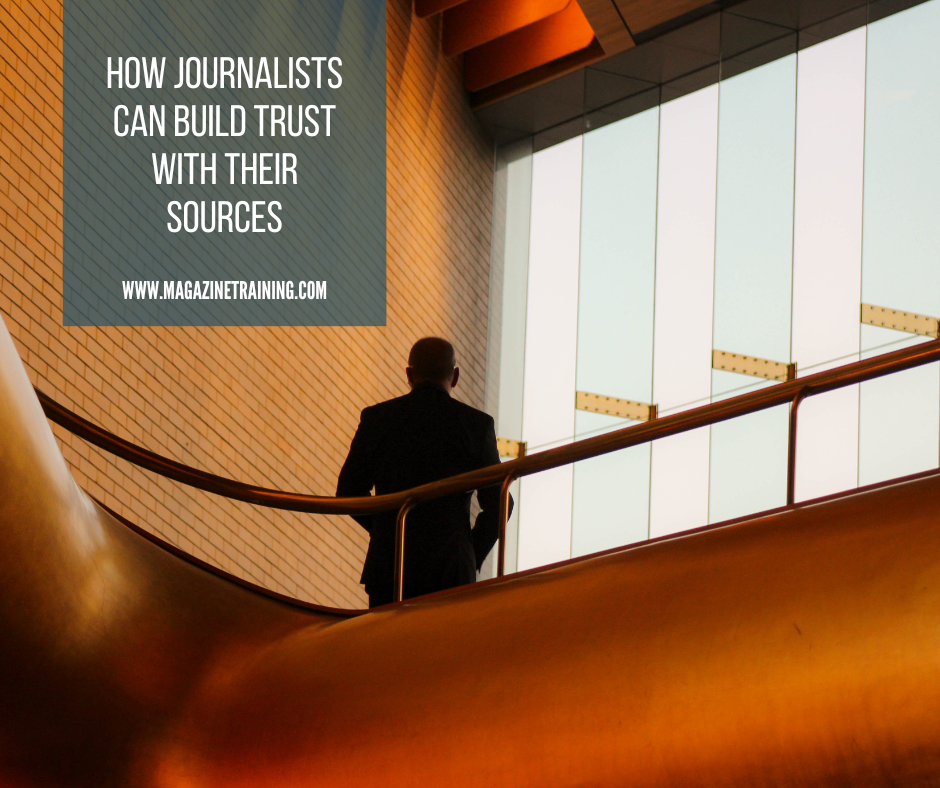
Journalism today is more necessary than ever, as countries’ politics become increasingly polarized, the COVID-19 pandemic lingers on, and the global climate crisis intensifies. Telling the stories of the communities affected by these global developments is vital.
However, as social media encourages tribalism and the spread of false information, and unethical or clickbait publications vie for your attention, it’s understandable that trust in journalists and news has declined worldwide.
These factors are a tricky landscape to navigate. We need to take our job of protecting our sources seriously. Along with ensuring the safety of interviewees, we must give their stories a platform, put them into context, and respect them. The element that binds all this together is trust. If we as journalists can encourage sources to trust us, then that will translate into better information, which means better stories.
I have worked in the media industry for 12 years (nine of those at the BBC), navigated its highs and lows, and collaborated with a variety of contributors along the way. From my experience, these are the ways to build trust with your sources.
Reveal the publication and its politics
For some, the publication and its leanings won’t matter, but for others it will affect their decision to speak with you, to the point where they may not want to contribute to your story. Some publications are more political than others so it may not be obvious what the readership is to the contributor at first, and they may want to know.
Share your portfolio
It’s hard to control what stories come up when someone searches for your name online. Usually what you’ve written for popular websites appears first, but these articles aren’t necessarily your best work. This is why it can be helpful to share your portfolio with your sources, so you can highlight similar stories to theirs and the way that you handled them. I amend my portfolio like this to ensure that my best work is at the top.
Address concerns
People think of reporters as typically the ones asking the questions, but that doesn’t mean that we are above answering them ourselves. Some sources may not consider sharing their concerns; if they are hesitant then ask them to tell you their reasons why so that you can put their mind at ease.
by Jennifer Sizeland, International Journalists’ Network
Photo by Taylor Nicole on Unsplash
Related posts
Magazine Training International’s mission is to encourage, strengthen, and provide training and resources to Christian magazine publishers as they seek to build the church and reach their societies for Christ.

